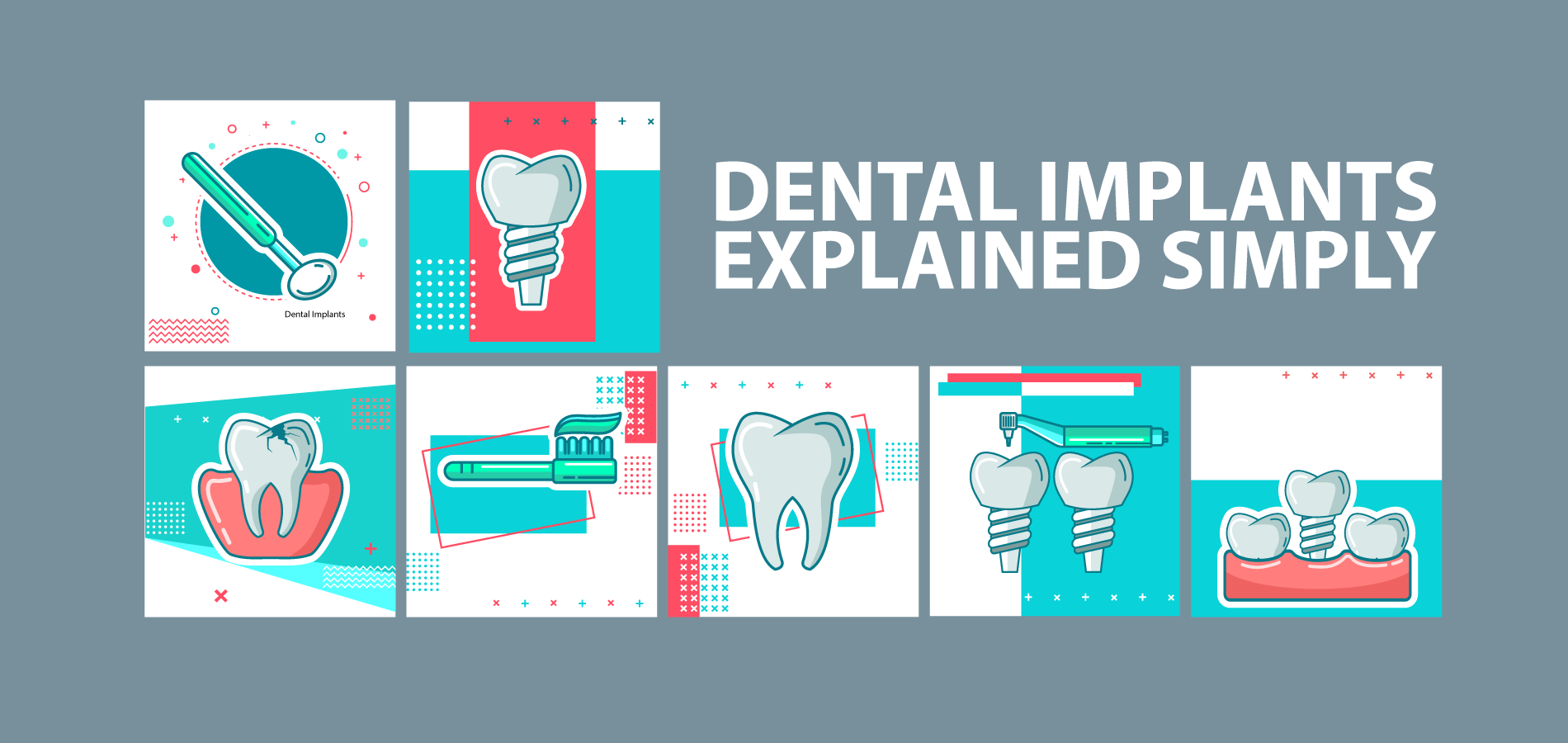Do you ever find yourself asking this question; why am I so negative about myself? You are not alone; research has found that of the thoughts we think throughout the day, 80 percent of them are negative.
This negativity impacts not only mental health but also physical health. Do you have a desire to learn how to overcome negative self-talk?
Are you wondering what is negative self-talk? Keep reading and learn everything you need to know about negative self-talk.
What Is Negative Self-Talk?
Do you ever hear the little voice in your head telling you that you are not good enough? Or that you will never get what you want or reach your goals?
That is negative self-talk. Take all the bad thoughts you have about yourself, and they all fall into this category.
What Causes Negative Self-Talk?
Negative self-talk can come from a place of depression, low self-confidence, and anxiety and be part of a more significant mental health concern. However, you may also have habits that are causing negative self-talk.
Some of these habits include:
- Not addressing relationship problems
- Poor health habits
- Too much time alone
- Not asking for help
- Failing to practice self-care
- Denying your negative self-talk experience
- Surrounding yourself with negative people
If you are regularly engaging in any of the above habits, they can cause negative self-talk.
Effects of Negative Self-Talk
Everyone gets down on themselves sometimes. So, what's the big deal about negative self-talk?
Constant negative self-talk can have many effects that go beyond the thoughts in your head.
Perfectionism
One of the effects of negative self-talk is perfectionism. In this instance, it's no longer good enough to be good or great. You must be perfect.
This need for perfection can have a significant impact on your life and cause additional stress.
Limited Thinking
How often is that little voice in your head telling you that you are not good enough or that you can't do it? Eventually, you will start believing the thoughts that are persistent within your head.
Physical Symptoms
The thoughts in your head can lead to changes in your hormones and biochemistry. This can begin to cause you to have physical symptoms.
Some of the physical symptoms you could experience include gastrointestinal or digestive problems.
Impact on Relationships
Negative self-talk can impact your relationships with others. These thoughts can make you seem needy or insecure.
In addition, these thoughts can cause you to shut yourself off and communicate poorly. If you have children, this can impact your relationship with them as well.
If your child sees you constantly criticizing yourself, they will learn that behavior as well. Part of helping a child with negative self-talk is learning how to help yourself.
Depressed Feelings
Negative self-talk can cause feelings of depression. These feelings can encourage even more negative self-talk, which creates a vicious circle.
Positive and Negative Self-Talk Examples
How do you combat negativity and bad self-talk? One of the ways you can combat negative self-talk is through counseling.
In addition, learning what negative self-talk phrases look like can help.
This helps you learn to first identify them; you can then begin to replace talking bad about yourself with positive self-talk. The best way to combat negative self-talk is by fighting it with positive affirmations and taking away the power the negative thoughts have.
Negative Absolutes
"I always screw up" or "I will never get this right," are great examples of using absolutes in thinking. These thoughts are perfect examples of negative self-talk.
So how do you replace those thoughts? Once you recognize and notice these thoughts, tell yourself the opposite.
If your thought is that, "I always screw up," replace that thought with, "sometimes I make mistakes, but that's okay, I will learn and grow from those mistakes."
If your thought is, "I will never get this right," change that thought with this, "I am struggling with this, but I will get it."
Focusing on Negative Thoughts
"I'm fat." "I'm too tall."
"I'm a horrible athlete." "I'm dumb."
These are all examples of things you can tell yourself that are negative. These thoughts will chip away at you.
It can be hard to replace these thoughts when you believe them to be true. However, you can do it.
Try replacing these thoughts with positive thoughts. Anytime you catch yourself saying something negative about yourself, say five positives about yourself.
"I am smart." "I am loving."
"I am fun." "I am talented."
If needed, you can even surround yourself with these positives. Try writing affirmations on sticky notes and putting them places you will see throughout the day.
Personalizing
"Sally is upset. I must have done something to make her feel this way."
"No one wants to hang out. They must not want to spend time with me."
Personalizing can also be called mind reading. You believe you know what others are thinking about you.
Not only do you know what they are thinking, but it is negative. This form of negative self-talk is sneaky. It is also more difficult to combat and recognize.
However, you can not only recognize it but learn to combat it.
"Sally is upset. I wonder if something happened at work?"
"No one wants to hang out. They probably made plans already; I will call and ask about doing something another day."
Catastrophic Predicting
"I am going to fail." "I will not get the job."
In this type of negative self-talk, you convince yourself of a bad outcome. Even if there is no reason to believe that the worst will happen, you do.
When you catch yourself doing this, you can replace those thoughts as well.
"I might not be successful right away, but I will learn and succeed."
"I will put forth my best foot and do my best. I will get the job."
The worst part of catastrophic predicting is that it can cause you to create a self-fulfilling prophecy. Negative self-talk in this form can undercut your confidence. You believe you will fail, so you do.
Guilt
"I hurt Susan by doing this."
"I was late to work too many times, and I got fired."
When you reflect too much on feelings of guilt, it is negative self-talk. These feelings of guilt can influence you negatively.
Learning to replace these thoughts with positive self-talk is difficult. In part, because in this instance, you need to learn how to forgive yourself.
"I hurt Susan, but I learned from this mistake and grew. I need to forgive myself."
"I got fired for constantly being late to work. But I forgive myself and will use this experience to help me be better."
Stop Negative Self-Talk Today
What is negative self-talk? Negative self-talk is thoughts that interfere with who you are and have a huge impact. Start learning to replace those thoughts with positive self-talk.





